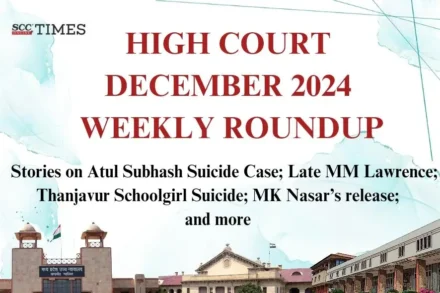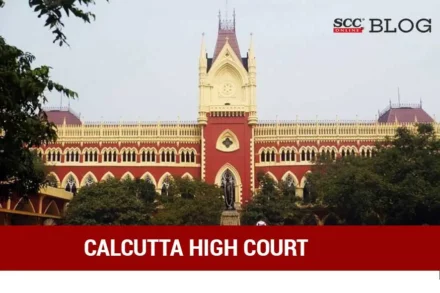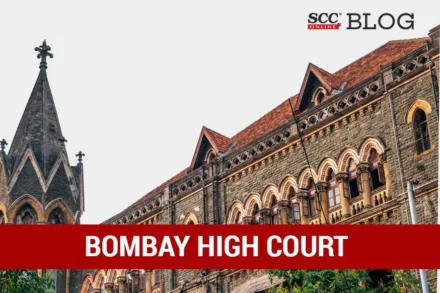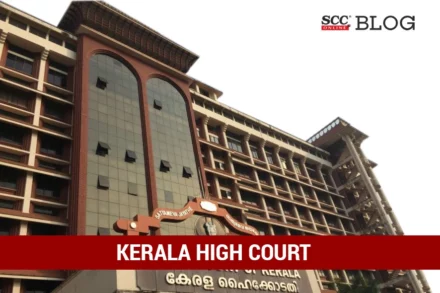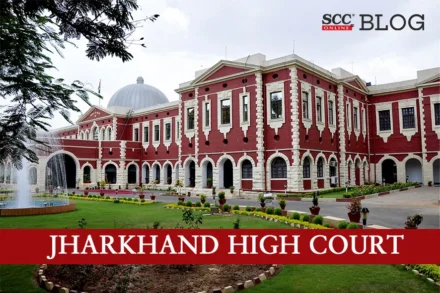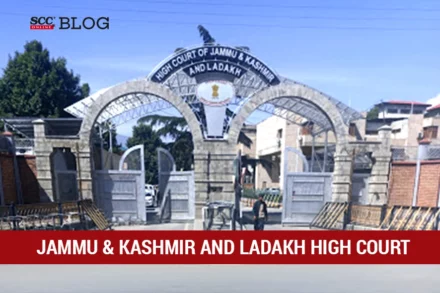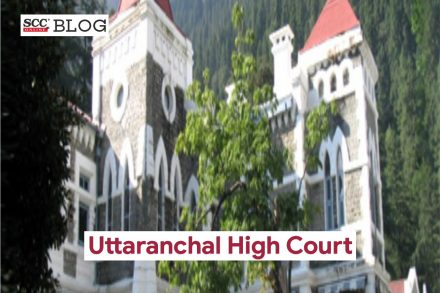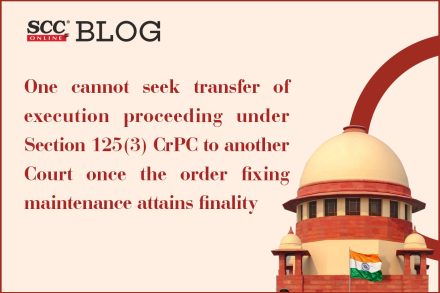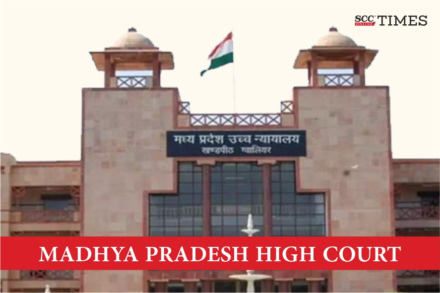
Family Courts can admit WhatsApp chats procured without consent as evidence in matrimonial disputes: MP High Court
“Merely admitting evidence on record is not proof of a fact-in-issue or a relevant fact… Admitting evidence is mere inclusion of evidence in record, to be assessed on a comprehensive set of factors, parameters and aspects, in the discretion of the court.”




